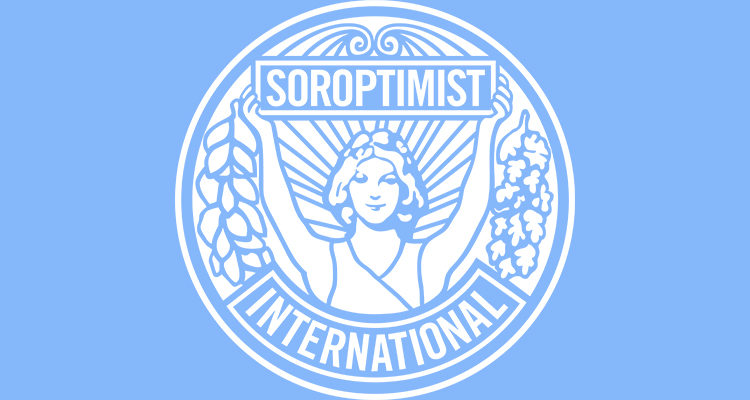A blog by SI UN Representative in New York, Maria Fornella-Oehninger,
“In no other area is our collective failure to ensure protection for civilians more apparent – and by its very nature more shameful – than in terms of the masses of women and girls, but also boys and men, whose lives are destroyed each year by sexual violence perpetrated in conflict.” (Ban Ki-Moon, former Secretary General of the United Nations)
Sexual violence is a crime under International Humanitarian Law. The collective failure that former Secretary-General Ban Ki-Moon refers to becomes even more outrageous when we consider that these crimes are sometimes perpetrated by those that are here to establish or maintain the peace, namely, the United Nations Peacekeepers themselves.
On December 06, 2019, the United States Mission to the United Nations organised an event to discuss progress in performance of peacekeeping operations worldwide. Titled “Improving Peacekeeping Performance: A Year Since UNSCR 2436”, this important assessment was co-hosted by the Permanent Missions of India, Portugal, Senegal, Uruguay and Vietnam.
While Resolution 2436 addresses many aspects of peacekeeping operation (mandates, budgets, troop training, pre- and post-deployment, etc.), holding Peacekeepers accountable for any type of abuse is at its core, as stressed by the US Ambassador. She called on member states to end impunity once and forever. In order to achieve this, disciplinary measures must be applied in a systematic, transparent way, rather than ad hoc as they still are.
Most member states have improved their pre-deployment training courses, sensitising the troops, police, and civilians taking part in operations to what constitutes abuse and sexual exploitation. There are also controls on the ground, such as women and children protection advisors and human rights monitors. Post-deployment feedback and troop rotation for recovery are also key parts of these training programs.
However, more than any improvement in training and controls, this SI Representative was struck by the centrality women had in the debate, not only (sadly) as victims of rape, abuse and sexual exploitation but also as part of the solution. Indeed, the countries that deploy women in their peacekeeping operations, whether as soldiers, police, or in civilian roles, have reported that their presence is fundamental to the units ability to engage with local women, build their trust and set up channels of communication that can expose and prevent prospective abuse. This proximity to the population is increasingly important in hostile urban environments. Women Peacekeepers are a source of essential information gathering and have been instrumental in giving feedback on lessons learned. As stated by the representative from Zambia, female Peacekeepers constitute “a force multiplier in developing the trust of the local population and becoming themselves a formidable source of intelligence gathering through their interaction with local women”.”

